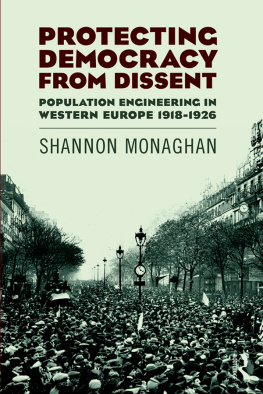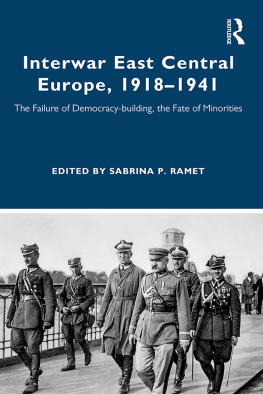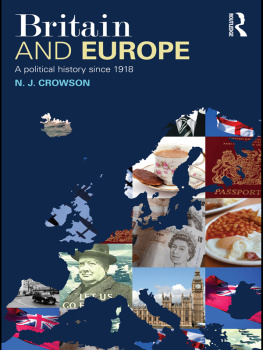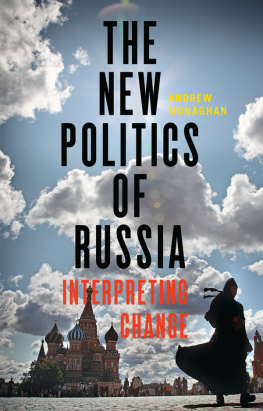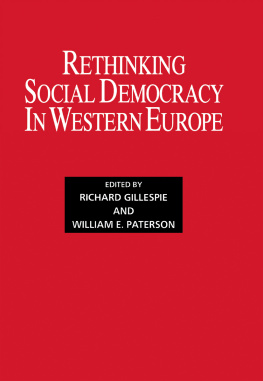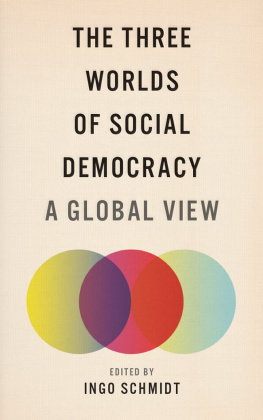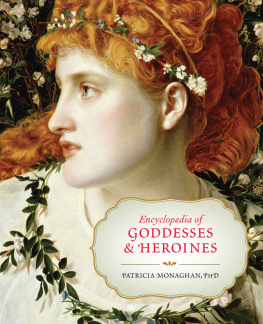Protecting Democracy from Dissent: Population Engineering in Western Europe 19181926
In the aftermath of the First World War, the victorious powers more or less liberal democracies argued that democracy would bring peace to Europe because this was the only effective way for legitimate states, with governments based on the consent of the governed, to be organized. What the victorious statesmen failed to foresee was how much conflict this postwar settlement would provoke, since it was far from clear exactly which people should qualify for the privilege of self-governance.
It is well known that these conflicts played out dramatically and violently in eastern and southeastern Europe in the immediate postwar years. What is less well known is that the contest extended into the western European heartland of the victorious powers as well. There, the quest for a new conception of democracy based on both liberalism and nationalism led the victors to pursue liberal policies of population engineering with, paradoxically, the best of intentions: the preservation and stability of democracy itself. In an era in which people were becoming more involved in choosing their governments, governments were becoming more involved in choosing their people. While the victors sought to craft a more ethical or at least more legalistic form of population engineering than the often violent and ad hoc versions employed further east, the result nevertheless remained at odds with the ethical foundations of liberal democracy.
Shannon Monaghan is Preceptor in Expository Writing in the Harvard College Writing Program, Harvard University, USA.
Routledge Studies in Modern European History
www.routledge.com/history/series/SE0246
44 Divided Village
The Cold War in the German Borderlands
Jason B. Johnson
45 Propaganda, Persuasion and the Great War
Heredity in the Modern Sale of Products and Political Ideas
Pier Paolo Pedrini
46 The Age of Anniversaries
The Cult of Commemoration, 18951925
Edited by T. G. Otte
47 The History of the European Migration Regime
Germanys Strategic Hegemony
Emmanuel Comte
48 Governing the Rural in Interwar Europe
Edited by Liesbeth van de Grift and Amalia Ribi Forclaz
49 Stalins Constitution
Soviet Participatory Politics and the Discussion of the 1936 Draft Constitution
Samantha Lomb
50 Britain and the Cyprus Crisis of 1974
Conflict, Colonialism and the Politics of Remembrance in Greek Cypriot Society
John Burke
51 Nationalism of the Rich
Discourses and Strategies of Separatist Parties in Catalonia, Flanders, Northern Italy and Scotland
Emmanuel Dalle Mulle
52 Protecting Democracy from Dissent: Population Engineering in Western Europe 19181926
Shannon Monaghan
First published 2018
by Routledge
2 Park Square, Milton Park, Abingdon, Oxon OX14 4RN
and by Routledge
711 Third Avenue, New York, NY 10017
Routledge is an imprint of the Taylor & Francis Group, an informa business
2018 Shannon Monaghan
The right of Shannon Monaghan to be identified as author of this work has been asserted by her in accordance with sections 77 and 78 of the Copyright, Designs and Patents Act 1988.
All rights reserved. No part of this book may be reprinted or reproduced or utilised in any form or by any electronic, mechanical, or other means, now known or hereafter invented, including photocopying and recording, or in any information storage or retrieval system, without permission in writing from the publishers.
Trademark notice: Product or corporate names may be trademarks or registered trademarks, and are used only for identification and explanation without intent to infringe.
British Library Cataloguing-in-Publication Data
A catalogue record for this book is available from the British Library
Library of Congress Cataloging-in-Publication Data
Names: Monaghan, Shannon, author.
Title: Protecting democracy from dissent: population engineering in
Western Europe, 19181926 / Shannon Monaghan.
Description: Milton Park, Abingdon, Oxon ; New York,
NY: Routledge, 2018. | Series: Routledge studies in modern
European history ; 52 | Includes bibliographical references
and index.
Identifiers: LCCN 2017030962 | ISBN 9781138743984 (hardback :
alkaline paper) | ISBN 9781315181318 (ebook)
Subjects: LCSH: EuropePolitics and government19181945. |
Europe, WesternPolitics and government20th century. |
DemographyPolitical aspectsEurope, WesternHistory
20th century. | Europe, WesternPopulation policyHistory
20th century. | DemocracyEurope, WesternHistory20th
century. | MinoritiesGovernment policyEurope, Western
History20th century. | World War, 19141918Influence. |
Europe, WesternEthnic relationsHistory20th century.
Classification: LCC D727 .M57 2018 | DDC 940.5/1dc23
LC record available at https://lccn.loc.gov/2017030962
ISBN: 978-1-138-74398-4 (hbk)
ISBN: 978-1-315-18131-8 (ebk)
Typeset in Sabon
by Apex CoVantage, LLC
To the outsider, scholarship in the humanities can seem like a lonely, individualistic endeavor unlike our fellows in the social sciences, we do not publish in teams. We do not, however, work alone. I owe a tremendous debt to Jim Cronin, Devin Pendas, and Eric Weitz for their guidance, support, and patience on this transnational project. I am indebted in a more literal sense to the Boston College History Department, Boston Colleges Irish Studies program, and the Clough Center for Constitutional Democracy, which all provided funding for the dissertation in which this book began. I thank Robert Langham, Michael Bourne, my anonymous reviewers, the rest of the team at Routledge, and Jed Heuer for all of their hard work to make this book a reality.
This book is the product of archives and archivists both traditional and somewhat more newfangled. The National Archives of the United Kingdom, the National Archives of Ireland, and the Archives Dpartmentales du Bas-Rhin were crucial sources for this book. So, too, were various digital repositories. Digitization may not be sexy, but without it much of this research would not be possible. The inventors and staff of HathiTrust, Gallica, and the digital sections of various national archives have my deep gratitude. Anne Kenny and her staff at Boston Colleges InterLibrary Loan office went to the ends of the earth (sometimes literally, it seemed) to procure my requests. In the final stages, Fred Burchsted of Harvards Widener Library provided valuable help on tricky-to-find sources. The staff of the Public Records Office of Northern Ireland deserve an especial note. I arrived in Belfast with the wrong accent, the wrong name, the wrong university affiliation, and politically awkward research interests. Yet they were unfailingly kind and helpful to me, and their archives remain the only place where I have ever been pulled across the document exchange desk for a round of warm farewell hugs.

